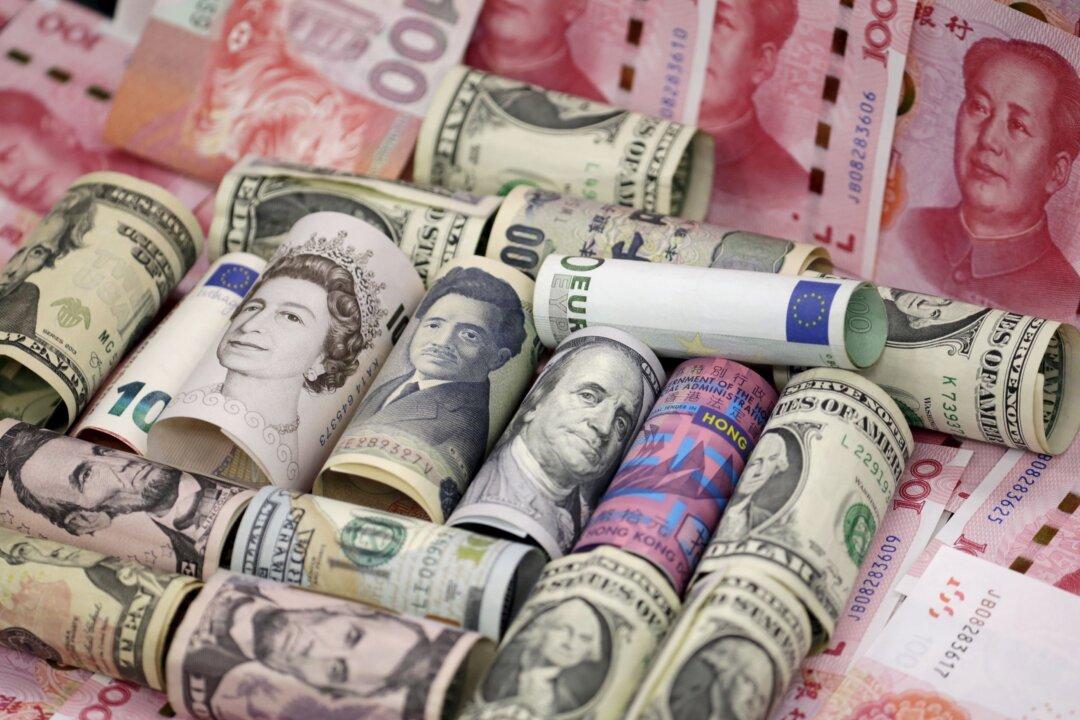The Russia–Ukraine War could trigger a fragmentation in global payment systems, deputy head of the International Monetary Fund (IMF) Gita Gopinath said during a March 22 virtual discussion, indicating a possible global shift away from the U.S. dollar.
“What we are seeing around the world is increasing fragmentation of payment systems that probably will further increase following this war,” Gopinath said in the discussion broadcast on the IMF YouTube channel.





